

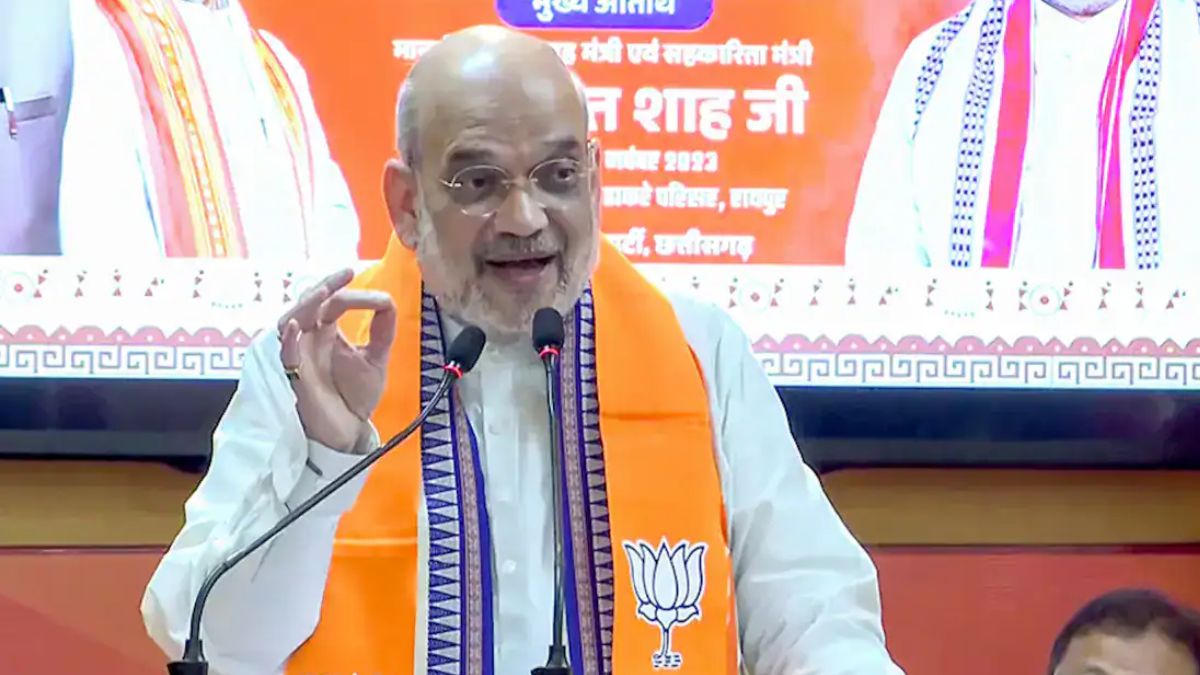
Union Home Minister Amit Shah makes scathing remarks against the Congress, accusing the party of distorting his statements on Dr BR Ambedkar and creating a false narrative. He also calls out the Congress for their history of disrespect towards Ambedkar and other leaders, and urges the media to present his full statement. Meanwhile, Congress President Mallikarjun Kharge criticizes Shah's comments and states that the BJP-led NDA government does not believe in the Constitution.
Congress-BJP Clash over Dr. Ambedkar's Legacy
A recent controversy erupted in India after Union Home Minister Amit Shah accused the opposition Congress party of insulting Dr. B.R. Ambedkar, the architect of the Indian Constitution.
Background:
Dr. Babasaheb Ambedkar was a Dalit leader, social reformer, and jurist who played a crucial role in India's independence struggle and the drafting of the Constitution. He advocated for the rights of the marginalized sections of society, including Dalits, women, and minorities.
Current Controversy:
During a speech in Lok Sabha, Shah accused the Congress of distorting his earlier statement regarding Ambedkar. He claimed that the Congress had misrepresented his words to create a false narrative. Shah further criticized the party for its alleged history of disrespect towards Ambedkar and other leaders.
Congress President Mallikarjun Kharge responded by condemning Shah's comments. He accused the BJP-led NDA government of not believing in the Constitution and ignoring the contributions of Ambedkar.
FAQs:
1. What was Amit Shah's alleged statement on Ambedkar?
Shah had reportedly said that Ambedkar was not a Congress leader but a "national icon." The Congress interpreted this as a downplaying of Ambedkar's association with the party.
2. How has the Congress responded to Shah's accusations?
The Congress has denied distorting Shah's statement and accused the BJP of trying to appropriate Ambedkar's legacy.
3. What is the historical context of the Congress-BJP conflict over Ambedkar?
The BJP has often criticized the Congress for its alleged neglect of Dalit rights during its decades in power. The Congress, in turn, has accused the BJP of using Ambedkar's legacy for political purposes.
4. Why is Ambedkar's legacy so contested?
Ambedkar is considered a symbol of both the Dalit movement and the Indian Constitution. His legacy is seen as important for the advancement of social justice and equality in India.
5. What are the implications of the current controversy?
The controversy has further deepened the divide between the Congress and the BJP. It raises questions about the interpretation of Ambedkar's legacy and the role of the State in promoting social harmony.
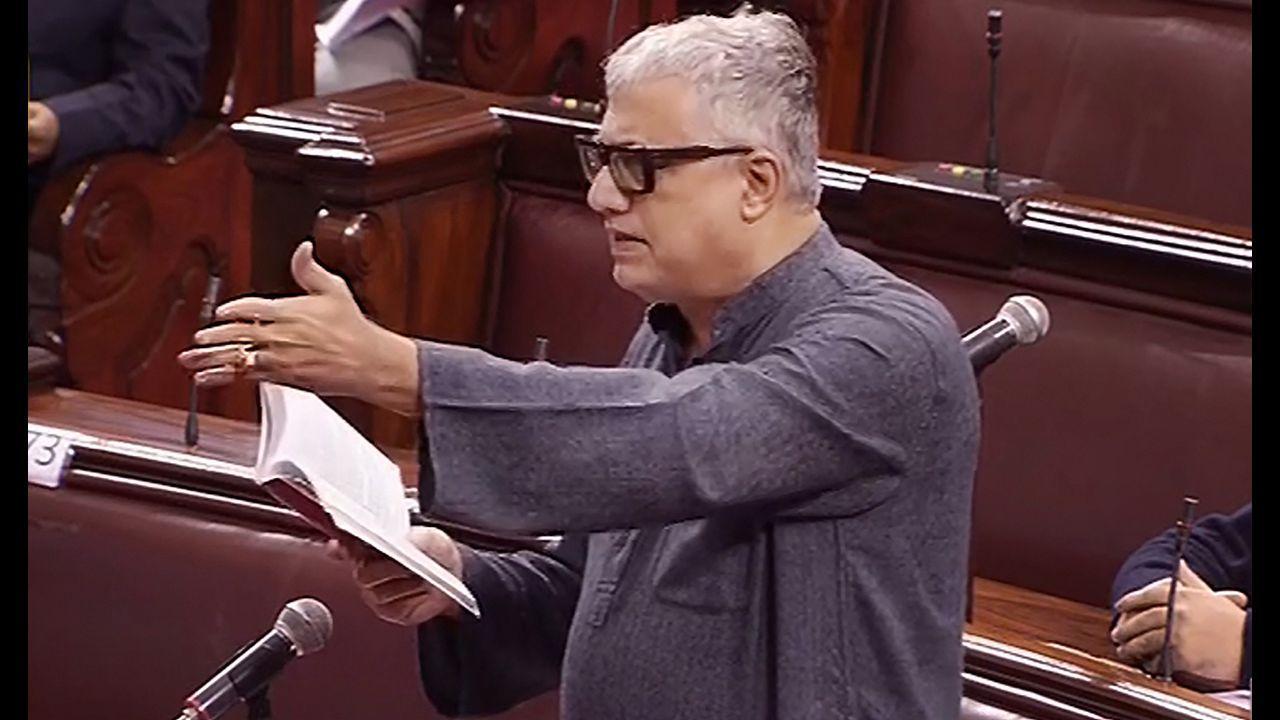
TMC MP Sushmita Dev has raised concerns over the Joint Parliamentary Committee (JPC) report on the Waqf Bill in the Rajya Sabha, claiming that the dissent note was censored with the use of "black ink or white paper." She questioned the state of democracy in the country, stating that all opinions must be visible for it to be considered democratic. The JPC report was presented in the Rajya Sabha amid chaos and opposition MPs protesting against the bill, leading to multiple adjournments.
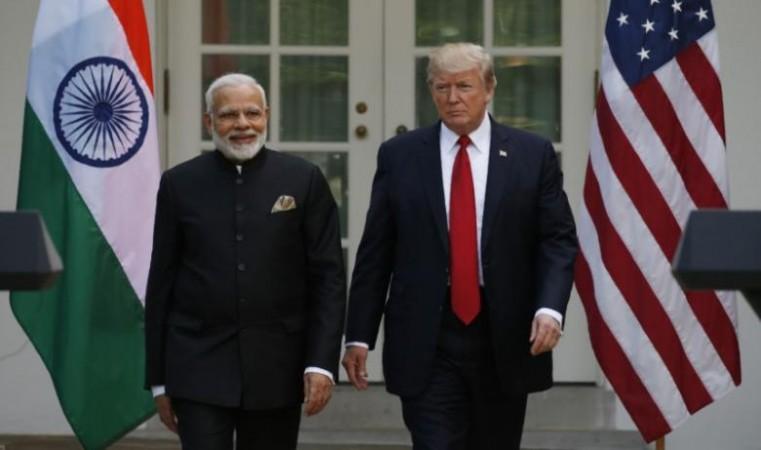
The Congress party has raised issues of the recent deportation of Indian citizens from the United States in an "inhuman manner" and questioned Prime Minister Narendra Modi's actions during his visit to meet with President Trump. They have posed questions about whether PM Modi will convey India's outrage and take action to prevent similar situations in the future. However, PM Modi's visit also showcases positive aspects such as cultural exchanges, as seen in his gifting of traditional artworks and toys during his stop in France.
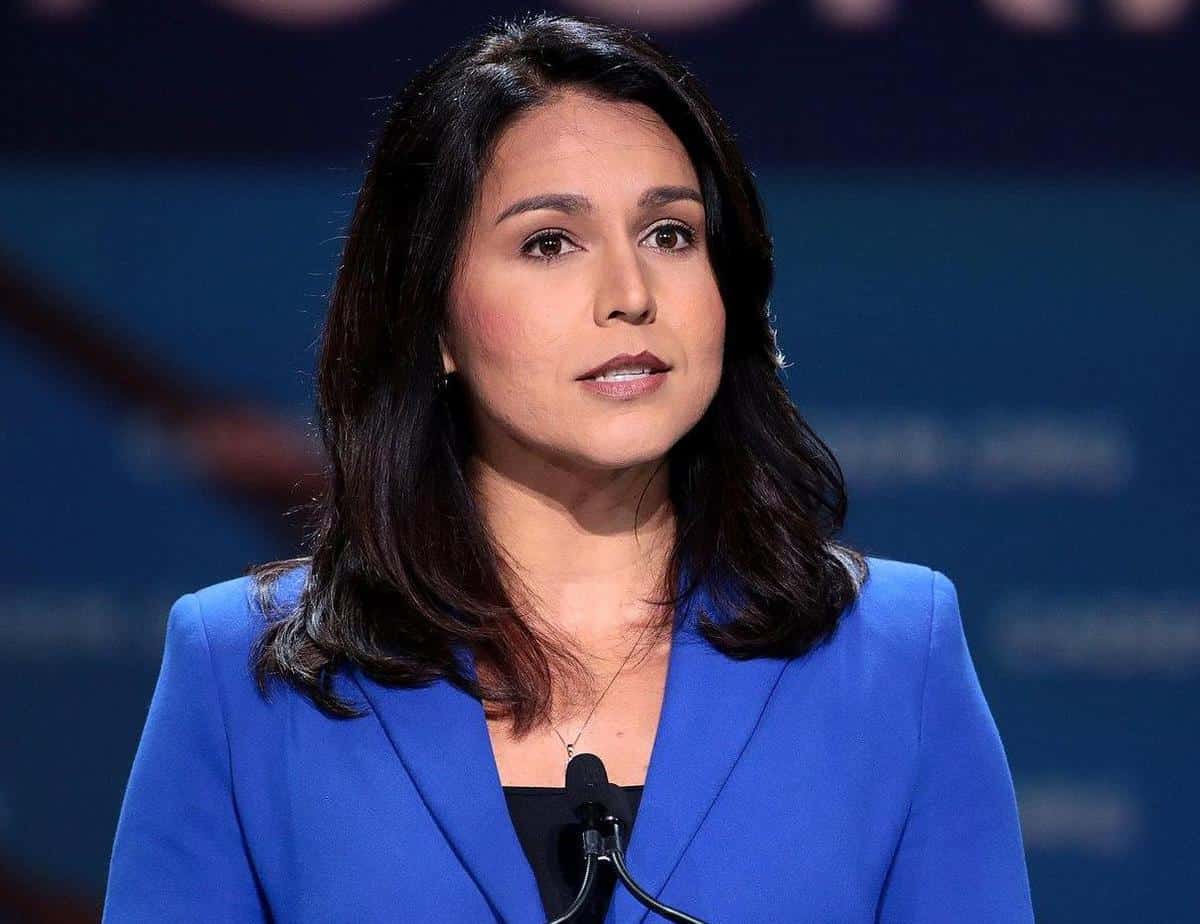
Tulsi Gabbard, a war veteran and former US Congresswoman from Hawaii, has been appointed as the Director of National Intelligence in the Trump administration. As she takes on this new role, an old video of her military training has resurfaced on social media, showcasing her skills in shooting and carrying out military tasks. Gabbard served in the military over 20 years ago and remains a major in the US Army Reserve.
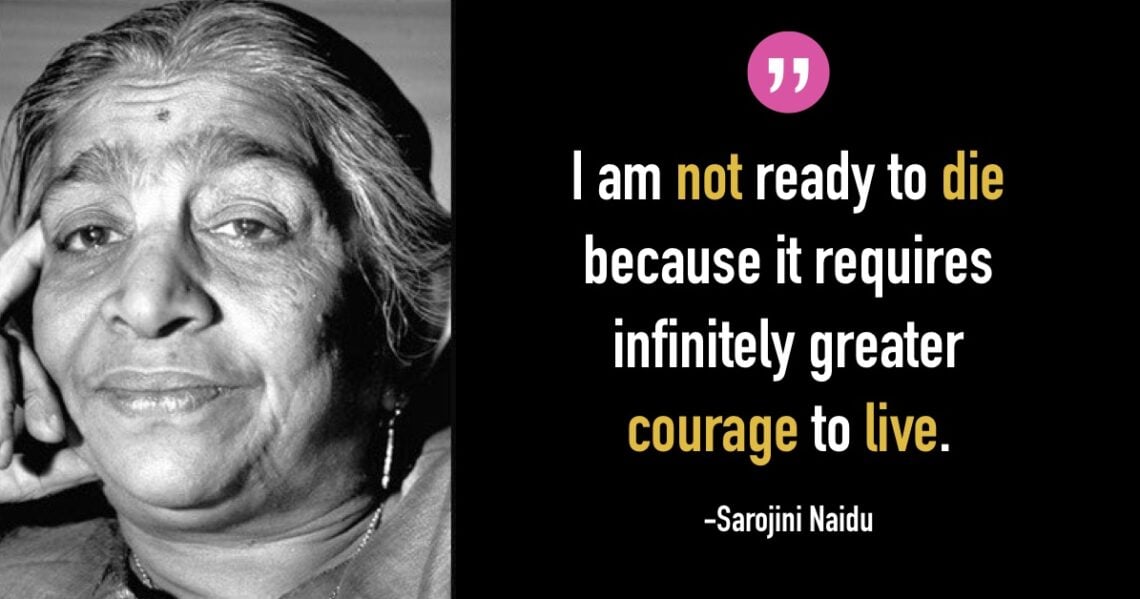
Sarojini Naidu is considered as one of the most influential figures in Indian history, known as "The Nightingale of India". As a poet, political activist, and Mahatma Gandhi's disciple, she played a vital role in the country's fight for independence. Through her contributions in politics, she became the first female governor of an Indian state and the first Indian woman to lead the Indian National Congress. Her leadership and poetry inspired women around the world and paved the way for future generations to have a voice in society.
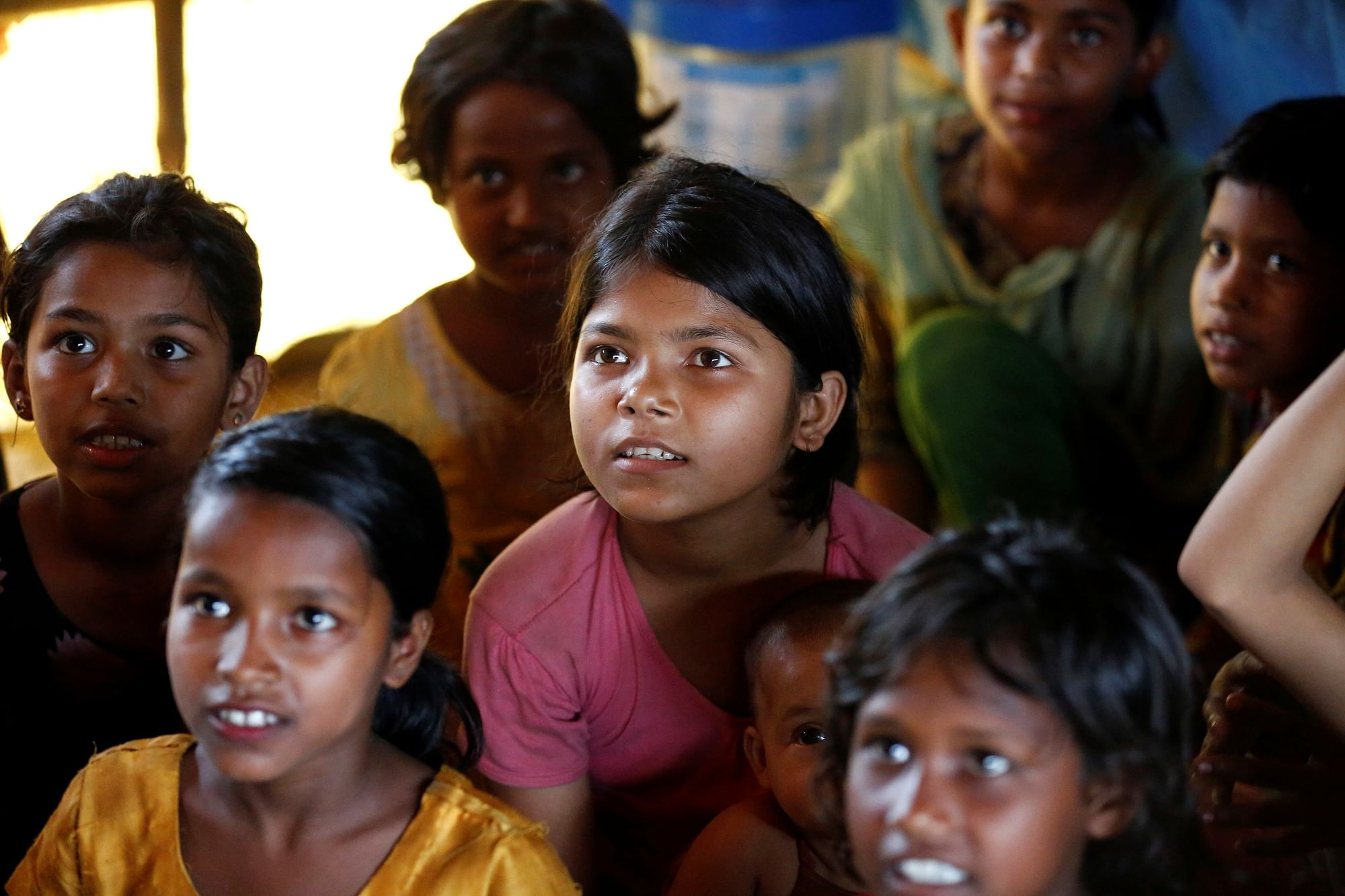
The Supreme Court, in a public interest litigation, has sought information on the residential status of Rohingya refugee families in India. The court emphasized that education should be provided to all children without discrimination, but first needed to determine the families' status of residence. The court is also open to considering the issue of access to public hospitals for the Rohingya community. Senior Advocate Colin Gonsalves, representing the petitioners, provided the court with information on the number of refugee families in specific areas but was asked to provide more details and proof of residence.
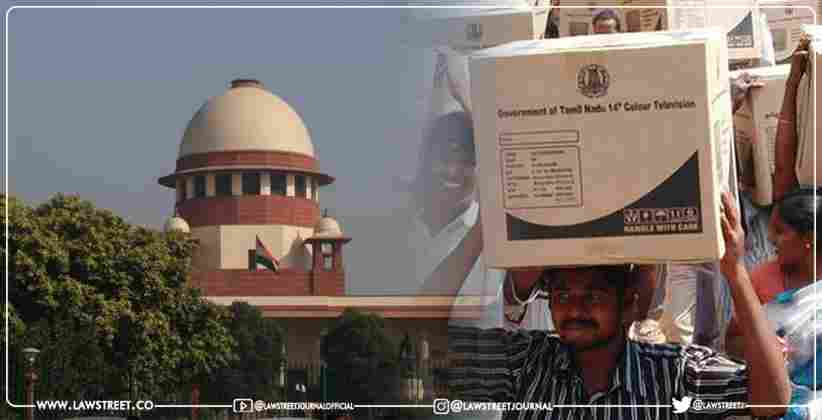
In a hearing on a plea for homeless shelter homes, the Supreme Court criticized the practice of announcing freebies by governments and political parties ahead of elections. The court highlighted that this approach is leading to a lack of willingness to work, particularly in states like Maharashtra where the labor force is drying up. The counsel argued that these policies only benefit the rich, while Justice Gavai cautioned against making political speeches in court and stressed the need to make the poor a part of mainstream society.

The Jackson Hole News & Guide has caused controversy by reporting on an ongoing ICE raid and providing Spanish translations for the article, which some consider to be a tip-off to the targeted individuals. This incident has raised concerns about media ethics and the role of journalism in immigration enforcement. Meanwhile, border czar Tom Homan has issued a warning against leaking information about ICE stings, adding another layer to the debate about privacy and transparency in immigration enforcement.
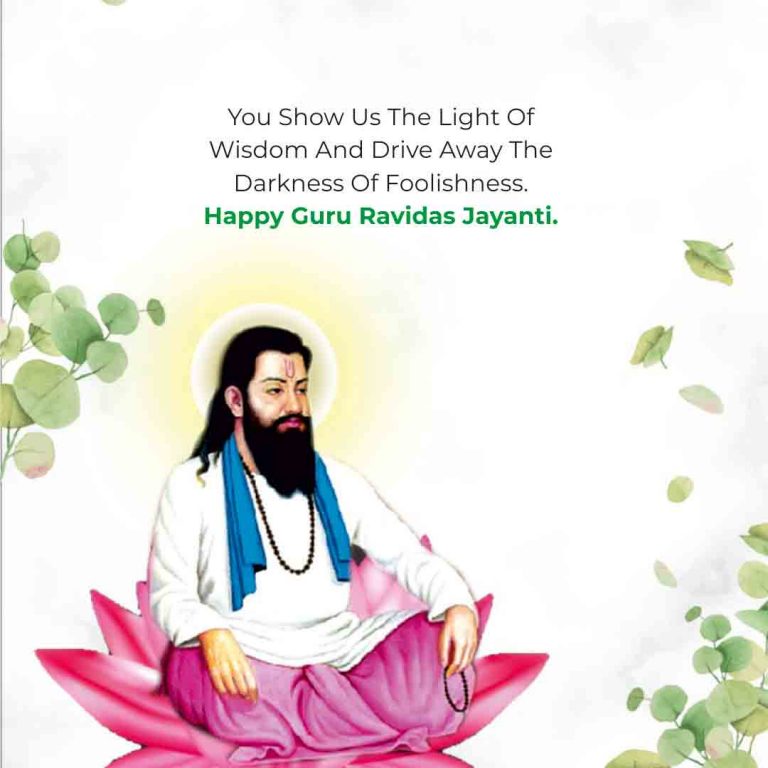
Leaders from various political parties extend greetings and honor the teachings of revered saint Guru Ravidas on his birth anniversary. Observance of the occasion has led to the declaration of public holidays in several states, including Punjab, Haryana, and Uttarakhand. The day is marked with messages of social harmony, brotherhood, and service to humanity, as exemplified by the teachings of Guru Ravidas.
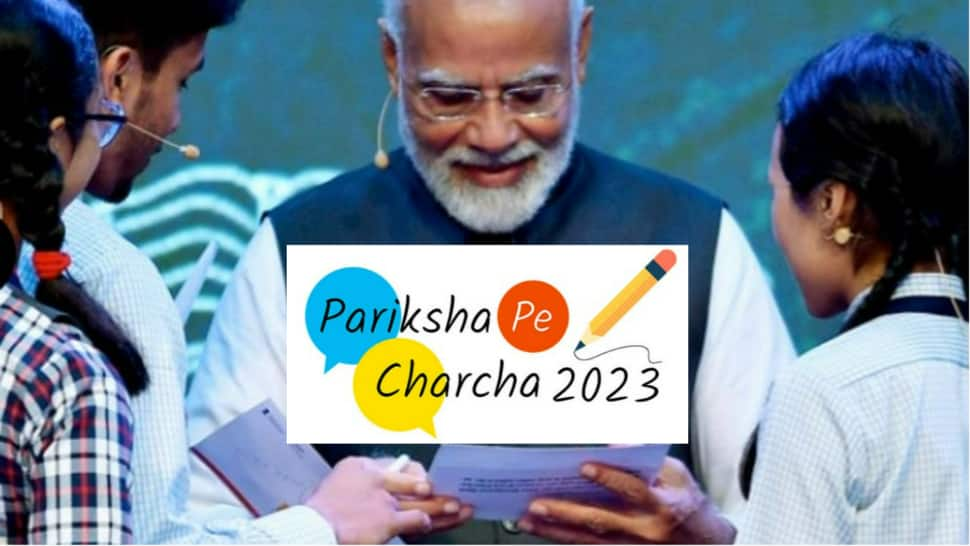
Indian Prime Minister Narendra Modi's annual initiative, "Pariksha Pe Charcha," which focuses on helping students navigate exam stress and build leadership skills, will include an episode dedicated to mental well-being with Bollywood actress Deepika Padukone. PM Modi has reshared the teaser of the upcoming episode featuring Deepika and acknowledged her passion for the topic, promoting it on his Instagram. The episode is set to air on February 12, 2025, and is part of a new format for PPC, which brings together notable personalities to guide students preparing for their board exams.
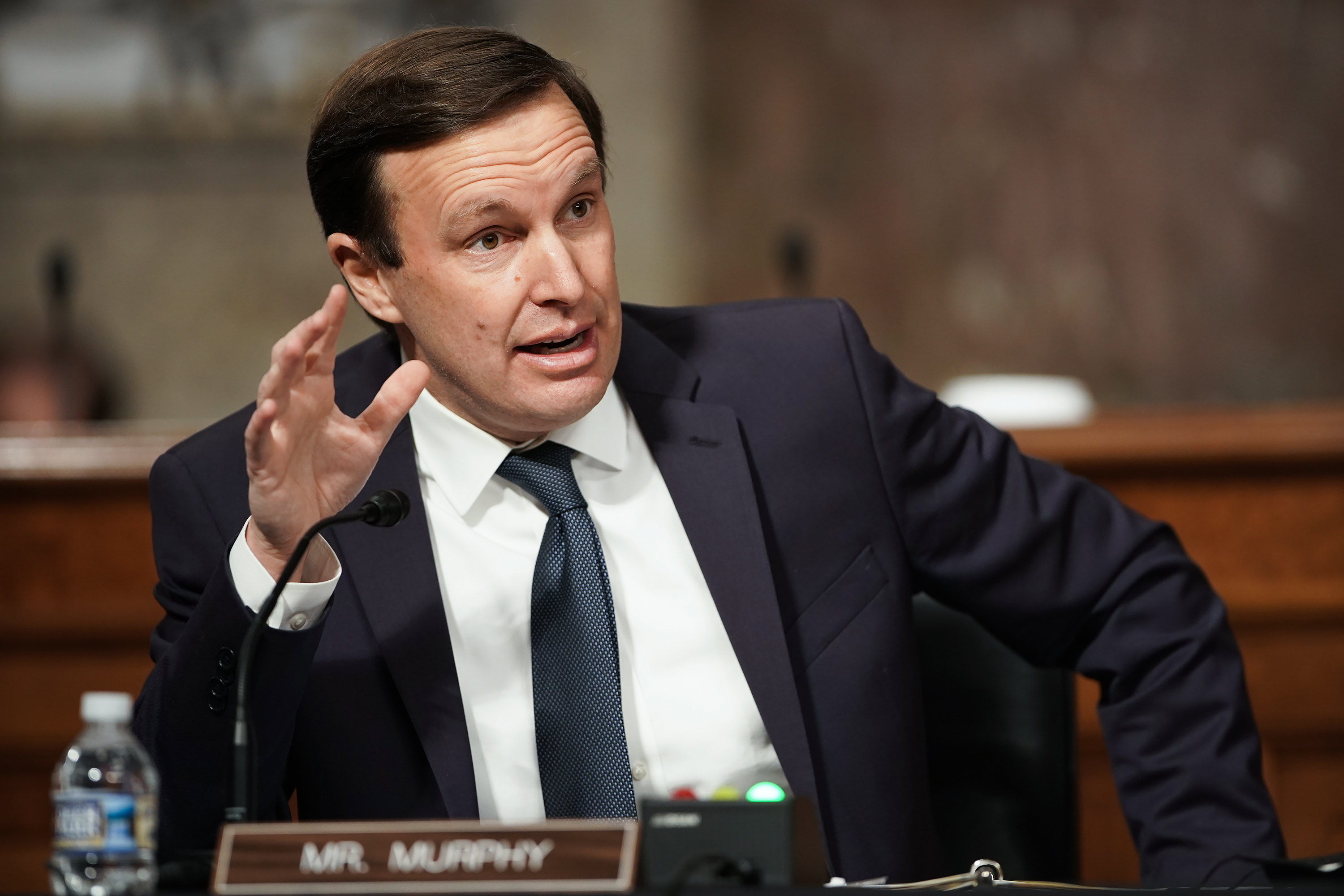
Senator Chris Murphy, a Democratic lawmaker from Connecticut, is gaining attention for his impassioned statements against President Trump's decision to close government agencies and withhold federal funding. Along with other Democrats, Murphy believes the country is facing a severe constitutional crisis and that the president is attempting to gain power for corrupt purposes.